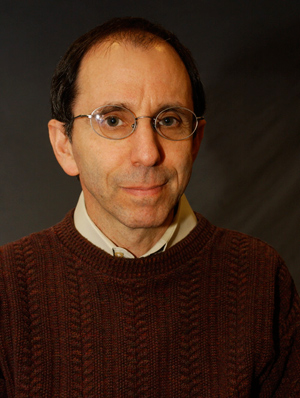Bio
Research
Most of my research centers around the application of structural geology, metamorphic petrology, thermochronology, and detrital zircon dating to understanding the Mesozoic through Cenozoic tectonic evolution of western North America, with particular emphasis on southern California, southwestern Arizona, and northwestern Sonora Mexico. Much of this work involves the Pelona, Orocopia, and Rand schists, which are high-pressure/low-temperature oceanic assemblages thrust beneath North American continental basement during low-angle subduction related to the Laramide orogeny. My students and I have studied both the underthrusting and exhumation history of these rocks. More recently, we have also undertaken detrital zircon U-Pb dating to determine the age of deposition and source areas for the schist protoliths and to investigate the relationship between the schist protoliths and sedimentary units of the Cretaceous to Eocene forearc basin of southern California and northern Baja California. In addition to the above studies, which focus on the continental margin, we have also engaged in various studies of the retroarc region, including provenance and thermochronology analyses of the McCoy Mountains Formation and Maria fold and thrust belt of the Blythe-Quartzsite area of California and Arizona, as well as well potential equivalents in the Caborca area of Sonora, Mexico. The latter units reflect a phase of continental extension in the latest Jurassic to Early Cretaceous followed by compression in the Late Cretaceous.

